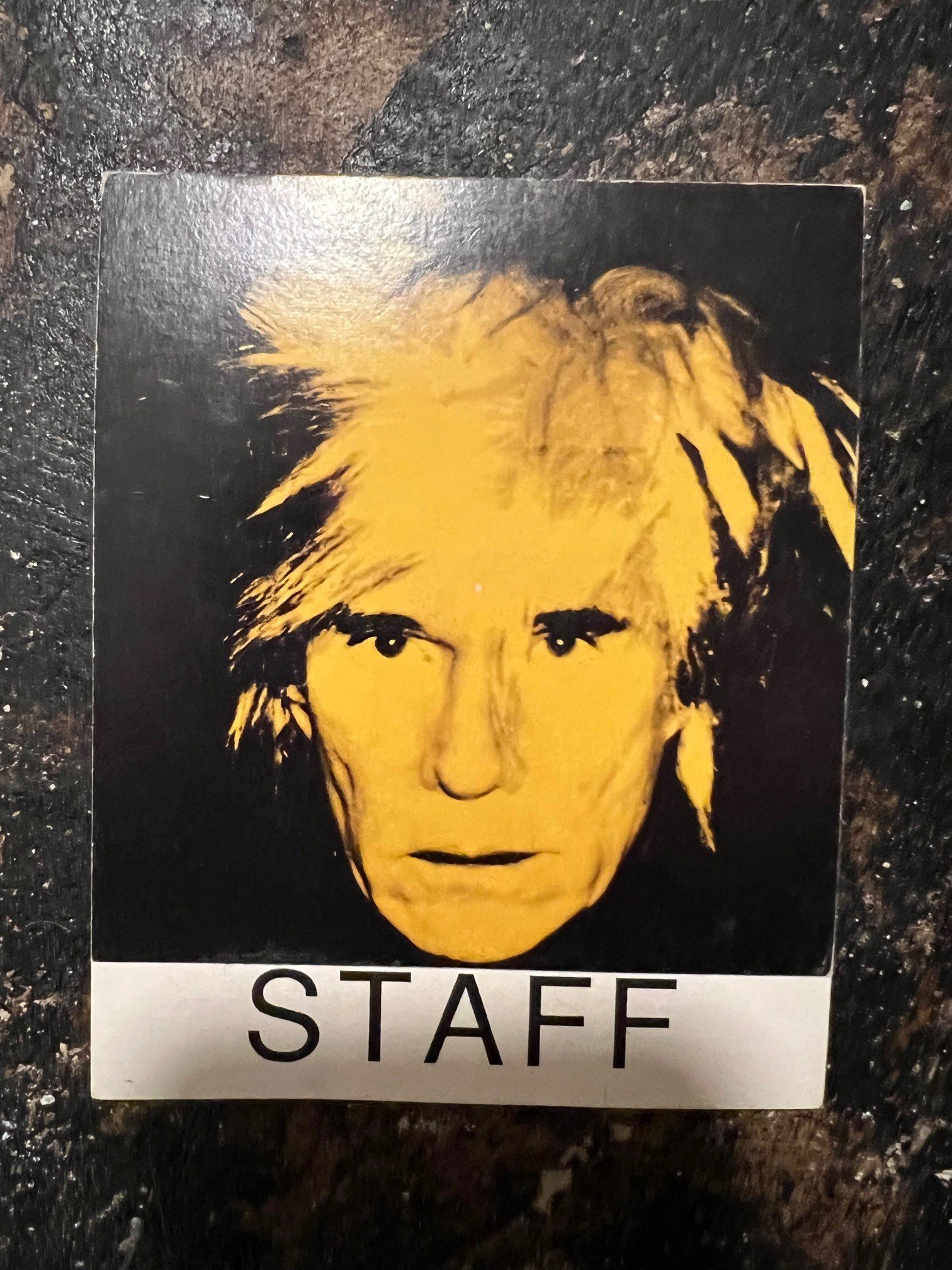Following the recent Supreme Court decision in Andy Warhol Foundation for the Visual Arts v. Goldsmith, I wrote an article in Apollo magazine discussing the result. The bottom line is that I continue to see the result as a sensibly practical one, that resets the over-reliance on a transformative test that had no limits in the execution. I also dislike the dissent more each time I read it.
New Article in Apollo magazine: The Supreme Court has saved the Andy Warhol Foundation from itself
Topics: Campbell v. Acuff Rose Music Inc., Supreme Court, Copyright, Fair Use, Andy Warhol Foundation for the Visual Arts, Apollo Magazine, Kagan, Lynn Goldsmith
Look to the Purpose, not the Meaning—Supreme Court Rejects Warhol Foundation’s Fair Use Defense Against Lynn Goldsmith
The Supreme Court of the United States has issued its long-awaited ruling in the dispute between photographer Lynn Goldsmith and the Andy Warhol Foundation for the Visual Arts (AWFVA) on May 18, 2023. The Court held the AWFVA’s delivery to Condé Nast magazine in 2016 of an Andy Warhol silkscreen from 1984 based on a 1981 Goldsmith photograph of the musician Prince did not satisfy the first factor (of four) of the statutory fair use elements. The Court took a narrow approach, explicitly declining to reach the question of whether Warhol’s original work would qualify for a fair use defense, holding only that the 2016 use did not.
(Williams College Museum of Art Security Badge, ca. 1993)
Topics: Cariou v. Prince, Copyright Act, Philippa Loengard, Campbell v. Acuff Rose Music Inc., Kernochan Center for Law Media and the Arts, 17 U.S.C. § 107, Columbia Law School, Andy Warhol, Fair Use, Andy Warhol Foundation for the Visual Arts, Syracuse University, Condé Nast, Kagan, Sotomayor, Roberts, Titian, Lynn Goldsmith, Vanity Fair, Thomas, Giorgione, Goya
Sullivan files Supreme Court Amicus Brief to Clarify Fair Use and Transformativeness in Warhol’s Use of Lynn Goldsmith’s Prince Photos
Sullivan has filed an amicus curiae (friend of the court) brief in the upcoming Supreme Court case Andy Warhol Foundation for the Visual Arts, Inc. v. Goldsmith. The brief was filed as counsel of record for copyright scholar Philippa S. Loengard, the Kernochan Center for Law, Media and the Arts at Columbia Law School. The case concerns the applicability of Section 107 of the Copyright Act, which permits as a fair use that would otherwise be copyright infringement—to a print made by Andy Warhol from a photograph of the musician Prince by photographer Lynn Goldsmith. In particular, the question presented to the Court addresses the implications of the Court’s holding nearly thirty years ago in Campbell v. Acuff-Rose Music, Inc., 510 U.S. 569, 579 (1994) that allowed for the possibility that a secondary use could be considered a fair use if it were sufficiently “transformative.” What exactly that means in the context of visual art has been a fraught—and at times incoherent—subject in recent years. Our brief explains that the Court should return the analysis of fair use to the four factors established by Congress. In the case of the first of the four factors, the Court should focus on the statutory language of the purpose and character of the works. By contrast, the inquiry into the meaning or message of the works advocated by the Warhol Foundation and the amici supporting it is a fool’s errand that provides no clarity and would render the copyright in photographs effectively unenforceable. This case is not a battle between Lynn Goldsmith and Andy Warhol; those artists proved entirely capable in 1984 of arranging the balance for themselves. It is a battle between a maximalist view by the Warhol Foundation that dismisses the value of photography as a creative medium at all.
Topics: Copyright Act, Roy Orbison, Toward a Fair Use Standard, Campbell v. Acuff Rose Music Inc., Kernochan Center for Law Media and the Arts, Philippa S. Loengard Esq., Columbia Law School, Prince, transformative, Andy Warhol, Fair Use, Andy Warhol Foundation for the Visual Arts, Condé Nast, People Magazine, The Time, 2 Live Crew, Death Valley, Velázquez, Rubens, King Philip IV of Spain, Las Meninas, Section 107, Billboard, Pierre N. Leval, “Oh, Pretty Woman”, Mickey Mouse
Now who’s rapping like it’s a commercial? The Beastie Boys counterclaim against GoldieBlox Web advertisement
After GoldieBlox announced with great fanfare that it would withdraw its claim seeking a declaratory judgment that its use in a video of the Beastie Boys song “Girls” was a fair use under the Copyright Act, many assumed that was the end of it and that the only point for discussion was GoldieBlox’s motivation. As we pointed out at the time, however, that “offer” was not accompanied by a dismissal of the already filed lawsuit. Presumably, the Beastie Boys either declined, or failed to respond, because the band has now answered the Complaint and filed counterclaims, alleging copyright and trademark infringement.
Topics: Cariou v. Prince, Copyright Act, Campbell v. Acuff Rose Music Inc., Green Day, Michael Diamond, Adam Yauch, “Girls”, GoldieBlox, Copyright, Adam Horowitz, Beastie Boys, Fair Use
Cariou Petitions Supreme Court to Review Richard Prince Fair Use Decision
Patrick Cariou, after winning his copyright claim against Richard Prince in the District Court in 2011, suffered a stinging reversal earlier this year when the Second Circuit found in Prince’s favor as to his use of Cariou’s Yes, Rasta series in the Prince Canal Zone collages. The Second Circuit decision has been widely derided by copyright analysts, who apart from the relative merits of Cariou vs. Prince found the decision unclear as guidance to future artists and copyright holders. For the Art Law Report’s coverage of the case, click here.
Topics: Cariou v. Prince, Richard Prince, Roy Orbison, Canal Zone, Patrick Cariou, Campbell v. Acuff Rose Music Inc., Yes Rasta




